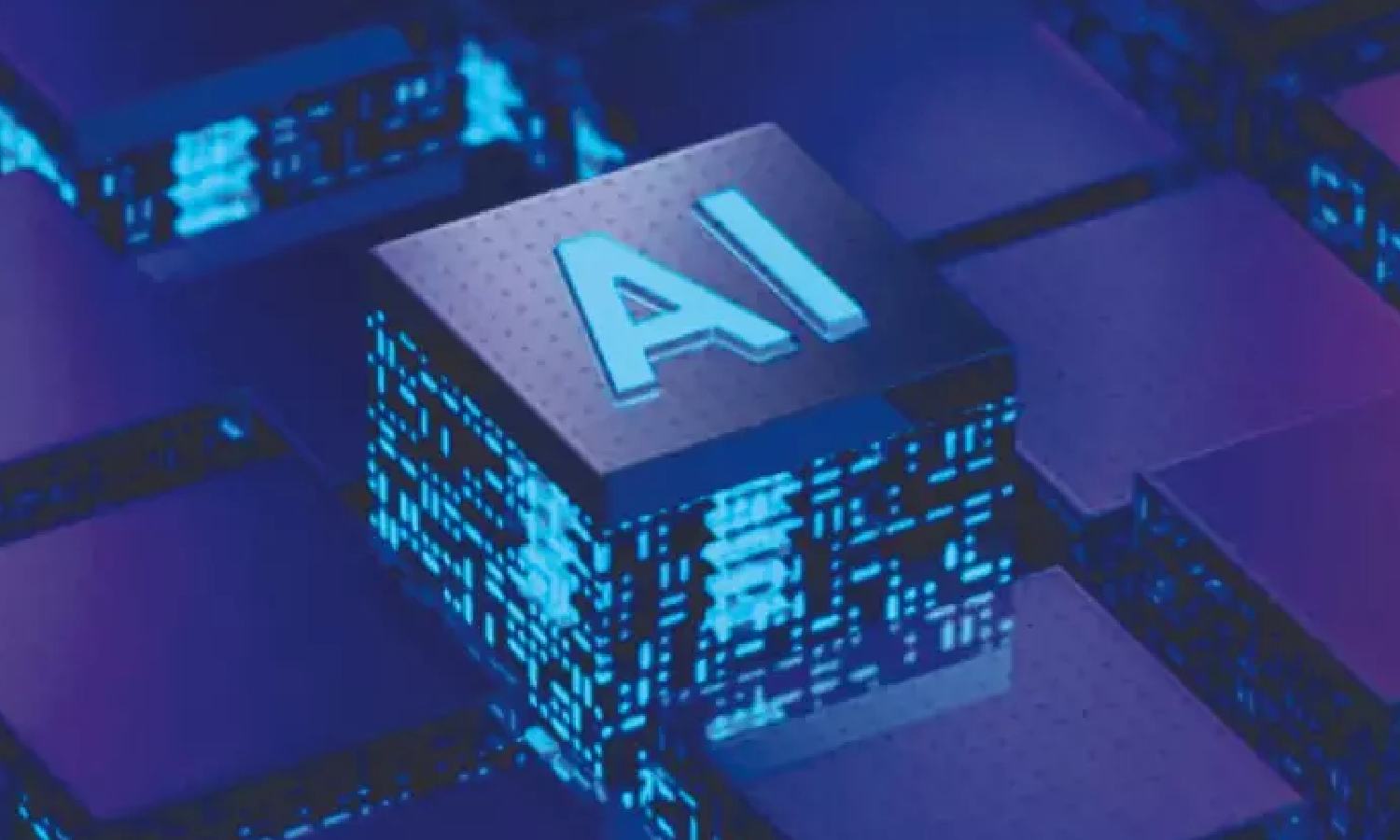AI's Inevitability Questioned: Experts Urge Nuanced Approach

BOSTON, MA - Amidst widespread claims of artificial intelligence (AI) being an unstoppable force across various sectors, experts at UMass Boston's Applied Ethics Center are urging a more cautious and nuanced approach to its adoption.
In recent years, the narrative around AI has been dominated by assertions of its inevitability and necessity. From business to higher education, science to national security, the message is clear: integrate AI or risk falling behind. Business leaders are told that without AI, they'll lag in efficiency and innovation. In academia, educators are pushed to incorporate AI tools or risk rendering their students obsolete in the job market. Scientific and medical communities tout AI's potential in solving complex problems like disease, while national security experts highlight the need for AI in maintaining strategic superiority over global competitors like China and Russia.
However, John Doe, a senior researcher at UMass Boston, challenges this deterministic view. "The argument that AI is inevitable oversimplifies the technology's impact and ignores historical precedents where technology was not adopted as predicted," Doe stated in a recent interview. He points out that while AI has shown promise in areas like protein structure analysis and medical imaging, its economic impact remains underwhelming. A report from The Economist in July 2024 noted that AI has had "almost no economic impact" to date.
In higher education, the rush to integrate AI might be premature. While tools like AI-driven chatbots offer novel educational experiences, they also pose risks. "The traditional skill of writing, crucial for developing critical thinking, is being undermined by AI," Doe explains. The inability to verify the authenticity of student work has led some educators to abandon essay assignments, potentially to the detriment of student learning outcomes.
Moreover, in the realm of national security, while AI's role in autonomous weaponry is compelling, there's a danger in not considering the broader implications. "An arms race in AI technology could disproportionately affect nations unable to participate, potentially destabilizing global security," Doe warns, advocating for international collaboration on AI regulation rather than unchecked development.
Doe also cautions against the influence of tech companies and entrepreneurs in promoting AI's inevitability, noting their vested interest in its adoption. He draws parallels with the recent history of smartphones and social media, where initial enthusiasm gave way to concerns over mental health, leading to policy changes and societal pushback.
"AI should be adopted incrementally, with careful consideration of its ethical and societal impacts," Doe concludes. As the debate continues, the call for a measured approach to AI integration grows louder, urging stakeholders to look beyond the hype and consider the nuanced realities of this transformative technology.
